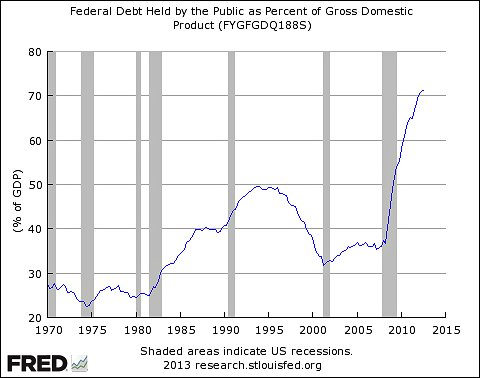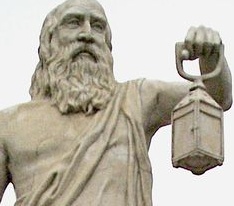Note added on 4/5: Some readers missed the point of this post very badly, which means that it could have been written more clearly. Here is a brief attempt to clarify.
______________________________________-
Here are three dilemmas about public policy:

Farnsworth McCrankypants just hates the idea that someone, somewhere might be looking at pornography. It’s not that he thinks porn causes bad behavior; it’s just the idea of other people’s viewing habits that causes him deep psychic distress. Ought Farnsworth’s preferences be weighed in the balance when we make public policy? In other words, is the psychic harm to Farnsworth an argument for discouraging pornography through, say, taxation or regulation?

Granola McMustardseed just hates the idea that someone, somewhere might be altering the natural state of a wilderness area. It’s not that Granola ever plans to visit that area or to derive any other direct benefits from it; it’s just the idea of wilderness desecration that causes her deep psychic distress. Ought Granola’s preferences be weighed in the balance when we make public policy? In other words, is the psychic harm to Granola an argument for discouraging, say, oil drilling in Alaska, either through taxes or regulation?

Let’s suppose that you, or I, or someone we love, or someone we care about from afar, is raped while unconscious in a way that causes no direct physical harm — no injury, no pregnancy, no disease transmission. (Note: The Steubenville rape victim, according to all the accounts I’ve read, was not even aware that she’d been sexually assaulted until she learned about it from the Internet some days later.) Despite the lack of physical damage, we are shocked, appalled and horrified at the thought of being treated in this way, and suffer deep trauma as a result. Ought the law discourage such acts of rape? Should they be illegal?

If your answers to questions 1, 2 and 3 were not all identical, what is the key difference among them?

Continue reading ‘Censorship, Environmentalism and Steubenville’













